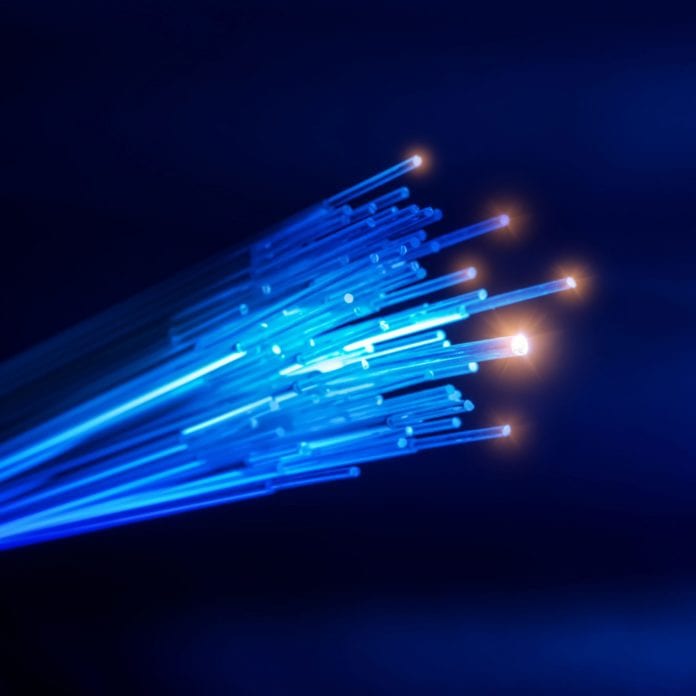Vodafone will put 2 billion Euros into German gigabit networks by 2021
Vodafone has laid out plans to invest 2 billion Euros (around $2.39 billion) to boost gigabit networks in Germany. Vodafone estimated that the incremental capital expenditures, to be doled out between now and the end of 2021, will result in 13.7 million new gigabit connections for consumers and enterprises in Germany.
The investment breaks down like this:
-The largest chunk of incremental investment, between 1.4-1.6 billion Euros, is aimed at connecting 2,000 business parks that are home to 100,000 companies. Vodafone said it will do this through a combination of standalone work and some work with partners, such as Deutsche Glasfaser, which is an existing partner for fiber-to-the-premises work in Düsseldorf-area business parks.
-Vodafone also expects to spend 0.2-0.4 billion into partnering with municipalities in order to get gigabit connectivity to one million rural homes. This is being approached as a co-investment model under which the municipality will build and own the passive network infrastructure from the central office to the home, with Vodafone operating the network and building the links between the central office and its own fiber backbone.
-Around 0.2 billion Euros to upgrade Vodafone’s existing cable infrastructure to enable gigabit connectivity to the homes of the service provider’s 12.6 million cable customers, utilizing DOCSIS 3.1. Vodafone had previously planned to roll out DOCSIS 3.1 over four years, but is speeding that up to two years and starting to offer gigabit speeds in 2018. The carrier said that it expects the DOCSIS 3.1 upgrades to pay for themselves in less than four years, noting that “the substantial increase in network capacity as a result of deploying DOCSIS 3.1 reduces the need for additional capacity investments.”
Vodafone said that it is making the investments based on a typical payback period of less than four years per business park, less than six years per municipality, and an overall internal rate of return estimated at more than 20%. The carrier is making these investments with some significant conditions on uptake, however — for business connections, Vodafone plans to require 40% minimum take-up in each park before it will build out the connection, and one-third of the homes in a municipality must commit before the carrier proceeds.
According to statistics from Viavi Solutions’ Gigabit Monitor, only about .3% of Germans have access to gigabit connections, all of which are fiber-based offerings from either Ewe Tele or Tele Columbus. Viavi reported that gigabit fiber speeds are available to 207,500 people in Germany and that the country ranks 36th for population coverage and 39th for the percentage of its population which has access to gigabit network speeds. Comparatively, Viavi’s numbers show that more than 57 million people in the U.S (about 18% of the population) have access to gigabit networks, whether via fiber, hybrid fiber-coaxial connections or wireless, through dozens of providers.

